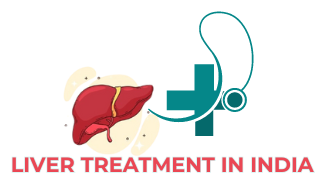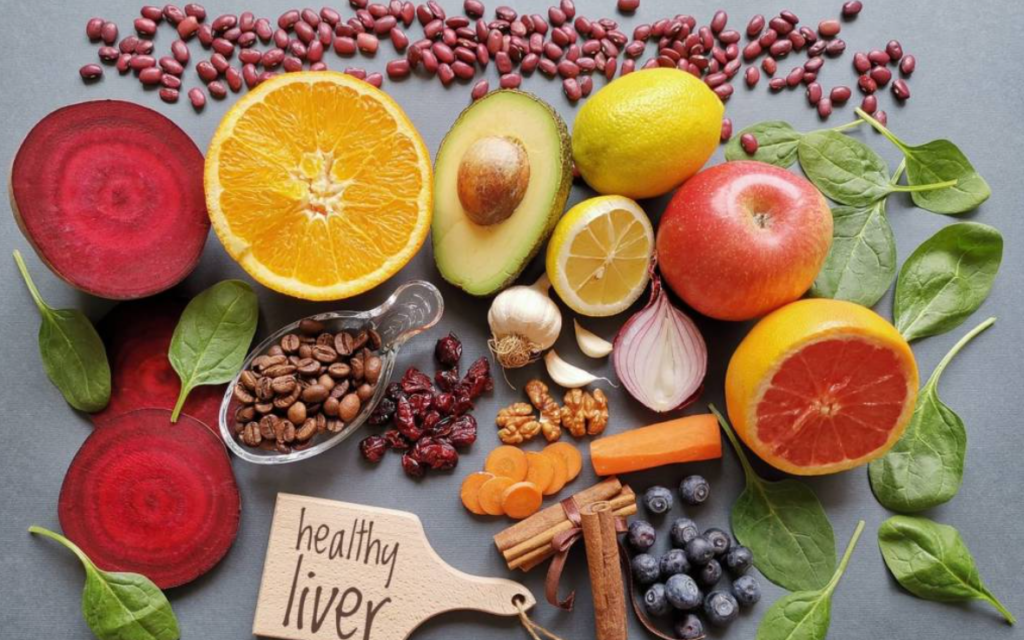Understanding the Importance of a Healthy Liver
The liver plays a crucial role in maintaining overall health and well-being. It is the largest internal organ in the body and performs several vital functions. One of its primary functions is to filter and detoxify the blood, removing harmful substances such as toxins, drugs, and alcohol. Additionally, the liver aids in the metabolism of nutrients, including carbohydrates, fats, and proteins, and it also produces bile, which is essential for the digestion of fats.
Benefits of a Liver-Friendly Diet
A liver-friendly diet offers numerous advantages for supporting liver health, including providing essential nutrients, aiding in weight management, reducing liver fat accumulation, regulating blood sugar and lipid levels, and protecting the liver from oxidative stress and inflammation.
By adopting a balanced diet rich in whole foods, individuals can promote the health and functioning of their liver, reducing the risk of liver-related conditions and supporting overall well-being.
Embracing the Good Fats: Omega-3 for Liver Nourishment
By embracing a liver friendly foods rich in omega-3 fatty acids, individuals can nourish their livers and support overall liver health, potentially reducing the risk of liver-related conditions and promoting optimal liver function.
Understanding the role of omega-3 fatty acids in liver health
Omega-3 fatty acids play a vital role in supporting liver health and improve liver function. These essential fatty acids are known for their anti-inflammatory properties, which can benefit the liver in several ways:
- Reduced Inflammation: Omega-3 fatty acids have been shown to help reduce inflammation in the body, including in the liver. Chronic inflammation is often associated with liver conditions such as non-alcoholic fatty liver disease (NAFLD) and liver fibrosis, so incorporating omega-3 rich foods can help mitigate these effects.
- Liver Fat Reduction: Omega-3 fatty acids have been found to help reduce the accumulation of fat in the liver, which is beneficial for individuals with non-alcoholic fatty liver disease (NAFLD). By promoting fat breakdown and reducing the synthesis of new fats, omega-3 fatty acids support the maintenance of healthy liver function.
- Improved Lipid Profile: Omega-3 fatty acids can help optimize lipid metabolism in the liver, leading to a favorable lipid profile. This can contribute to a reduced risk of developing fatty liver-related conditions and promote overall liver health.
Incorporating omega-3 rich foods for optimal liver function
Incorporating omega-3 rich foods into the diet is an effective way to support liver health. These liver healthy foods include fatty fish such as salmon, mackerel, and sardines, as well as plant-based sources such as chia seeds, flaxseeds, and walnuts. Additionally, omega-3 supplements, such as fish oil capsules, can provide a concentrated source of these beneficial fatty acids.
Liver-Loving Herbs and Spices
Herbs and spices are not only known for their flavorful properties but also for their potential liver-protective benefits. Several herbs and spices have been studied for their ability to support liver health and function. Incorporating these flavorful ingredients into as healthy liver diet can be an excellent way to promote liver health.
Exploring herbs and spices with liver-protective properties
- Turmeric: Curcumin, the active compound in turmeric, has powerful anti-inflammatory and antioxidant properties that may support liver health. It has been shown to help reduce liver inflammation and prevent liver damage. Turmeric can be incorporated into meals by adding it to curry dishes, soups, or smoothies.
- Ginger: Ginger is another herb with potent anti-inflammatory properties, that can aid in reducing liver damage. It can be used in cooking stir-fries, teas, and marinades to add a fresh and spicy flavor.
- Garlic: Garlic contains sulfur compounds that support the activation of liver enzymes responsible for detoxification. Incorporating garlic into various dishes, such as pasta, soups, and roasted vegetables, can provide its liver-protective benefits.
- Cinnamon: Cinnamon has been studied for its potential to improve liver health by reducing inflammation and supporting liver function. It can be added to oatmeal, smoothies, and baked goods to enjoy its distinct flavor and benefits.
Detoxifying Teas and Beverages for Liver Cleansing
Detoxifying teas and beverages can play a supportive role in promoting liver health and aiding in liver cleansing. Several types of herbal teas and natural beverages have been identified for their potential to support liver detoxification and overall well-being. Here’s a detailed explanation:
Types of herbal teas beneficial for liver detoxification
- Dandelion Tea: Dandelion root tea is known for its potential to support liver detoxification. It may aid in promoting bile flow and supporting the liver’s natural detoxification processes. Enjoying dandelion tea can be a simple and effective way to incorporate this liver friendly foods into a daily routine.
- Green Tea: Green tea contains antioxidants, particularly catechins, which have been studied for their potential liver-protective properties. Regular consumption of green tea may help reduce liver fat accumulation and support overall liver health.
- Peppermint Tea: Peppermint tea is not only refreshing but can also support digestion and liver function. While its soothing properties may aid in relieving digestive discomfort, the menthol in peppermint has been suggested to have a positive impact on liver and gallbladder function.
- Lemon Water: Starting the day with a warm glass of lemon water is a popular practice for supporting liver health. Citric acid in lemons may assist in digestion and help the liver produce bile, which is essential for the breakdown of fats.
Moderation and the Role of Portion Control
Practicing portion control plays a crucial role in supporting liver health and maintaining a balanced diet. It involves being mindful of the quantity of food consumed in a single sitting, which is essential for several reasons related to liver health and overall well-being. Here’s a detailed explanation:
The importance of portion control for liver health
- Liver Health: Consuming oversized portions of food can lead to overeating, causing the liver to work harder to metabolize the excess nutrients. Portion control helps prevent the excessive intake of calories, fats, and sugars, which can contribute to non-alcoholic fatty liver disease (NAFLD) and other liver-related conditions. By practicing portion control, individuals can support their liver’s ability to process nutrients efficiently and reduce the risk of liver issues associated with overconsumption.
- Balanced Diet: Portion control is a fundamental component of maintaining a balanced healthy liver diet. It allows individuals to enjoy a variety of foods while managing their caloric intake, which supports overall liver and metabolic health. Balancing the consumption of macronutrients such as proteins, carbohydrates, and fats through portion control helps ensure that the body receives essential nutrients without excessive caloric intake.
Practicing mindful eating to maintain a balanced diet
Portion control is closely linked to mindful eating, which involves being present and attentive while consuming food. This approach encourages individuals to savor each bite, pay attention to hunger and satiety cues, and make conscious choices about portion sizes. Practicing mindful eating not only supports portion control but also promotes a healthier relationship with food and a greater awareness of nutritional needs. Remember, the best healthy liver diet should be determined in consultation with a healthcare provider, since certain meals may need to be adjusted in accordance with specific health requirements. With a network of the best liver transplant surgeons connected to the best liver transplant hospitals, Liver Treatment in India can help you with consultations. They execute liver transplants with the fewest risks and consequences possible by using the most recent technology and procedures.

